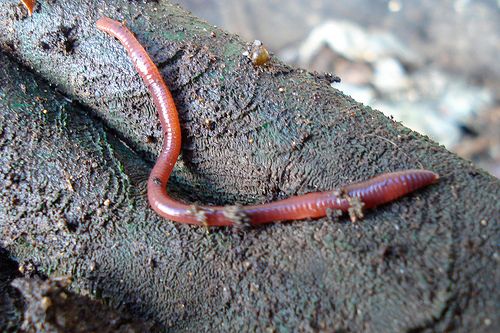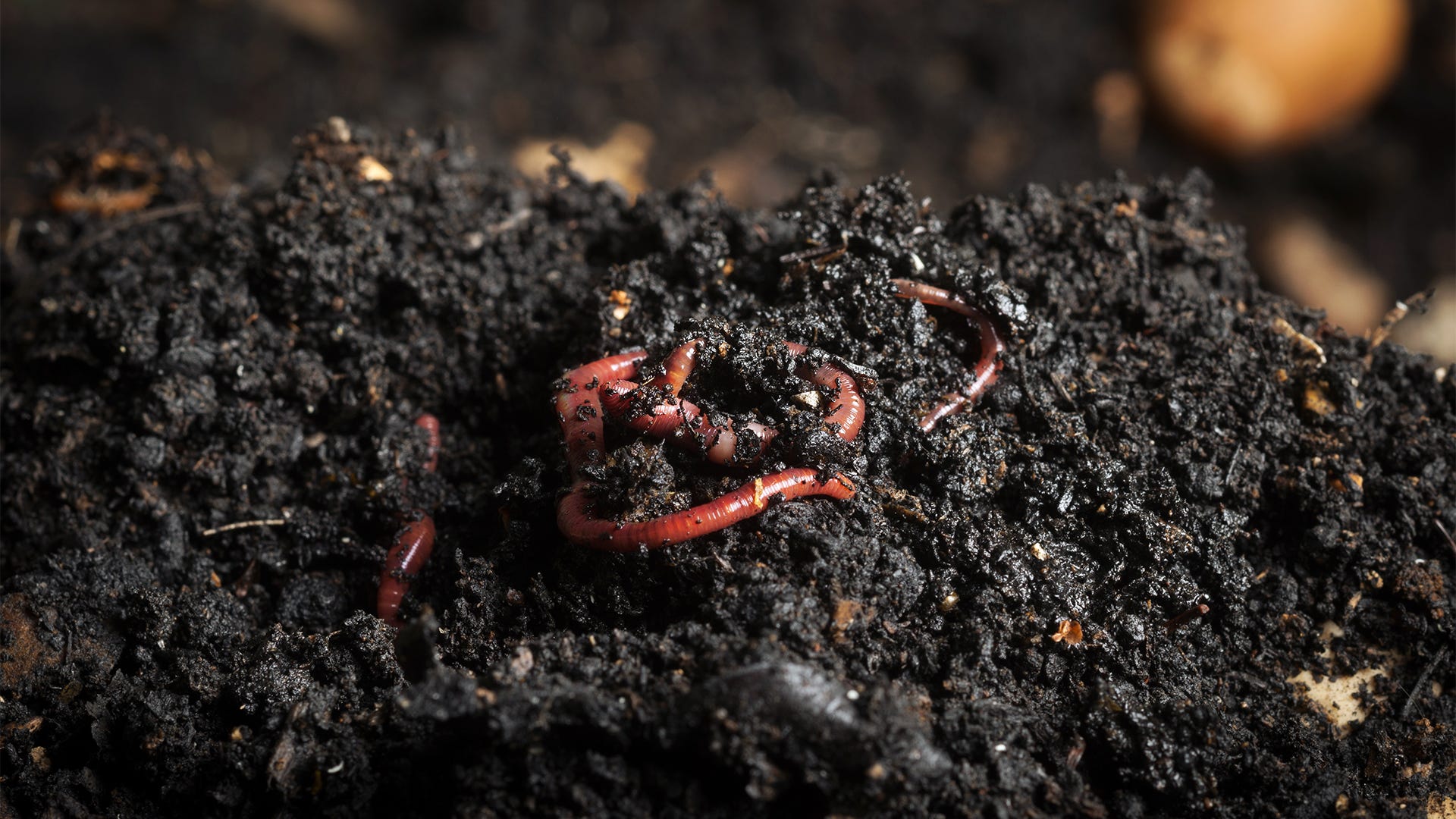Red Wiggler Worms Demystified: Unlocking the Secrets of Vermiculture for Greener Living and Nutrient-Rich Soil
In the world of sustainable methods for enriching soil top quality and advertising eco-conscious living, red wiggler worms play a critical yet typically overlooked role. These modest animals possess the impressive capacity to change natural waste into nutrient-rich castings that work as a potent natural plant food. By delving into the world of vermiculture, one can reveal a wide variety of advantages that extend far past conventional composting techniques. Recognizing the ins and outs of caring for these worms, maximizing their environment, and using their spreadings can bring about a greener lifestyle and healthier soil for plants to grow.
The Role of Red Wiggler Worms
Red Wiggler worms play a crucial function in composting systems by efficiently breaking down natural issue right into nutrient-rich castings. These starved eaters consume a range of organic materials, such as cooking area scraps, lawn waste, and paper products. As they feed, the worms' digestion procedures damage down the natural issue right into a fine, dark, and nutrient-dense material known as worm spreadings or vermicompost.
The castings produced by Red Wiggler worms are highly useful for soil health and plant growth. They are rich in vital nutrients like potassium, phosphorus, and nitrogen, which are vital for sustaining healthy plant growth. Additionally, worm spreadings contain helpful microorganisms and enzymes that aid improve dirt framework, rise water retention, and improve nutrient uptake by plants.
Advantages of Vermicomposting

It boosts soil structure, improves soil oygenation, and increases dirt wetness retention. Vermicompost also enriches the soil with necessary nutrients like nitrogen, phosphorus, and potassium, advertising plant development and overall soil fertility.
Additionally, vermicomposting supports sustainable gardening practices by offering a chemical-free and all-natural alternative to artificial plant foods. Red Wiggler Worms. This eco-friendly technique not just enhances the soil however additionally helps in reducing dependence on unsafe chemicals, promoting a greener and extra lasting means of gardening
Establishing a Worm Bin
When establishing a worm container for vermicomposting, appropriate arrangement is essential to guarantee the success of the composting procedure. The initial step in establishing up a worm container is selecting a suitable container. This can be a plastic container or wood box that offers enough area for the worms to move around and has appropriate water drainage holes to avoid waterlogging. Next off, click over here now a bed linen product such as shredded newspaper, cardboard, or coconut coir need to be included to the container. This bed linens offers a comfy setting for the worms and helps you could try here preserve moisture degrees.
After including the bedding, introduce the red wiggler worms to the container. It is recommended to start with a little number of worms and gradually enhance as they multiply. The worms must after that be supplied with food scraps such as fruit and veggie peels, coffee premises, and eggshells. It is essential to avoid including meat, dairy, oily, or salty foods to stop drawing in bugs and producing unpleasant smells.
Consistently keep an eye on the wetness degrees and temperature in the worm container to guarantee optimum problems for the worms. With correct configuration and upkeep, the worm container will effectively transform organic waste into nutrient-rich garden compost for your plants and garden.
Harvesting Worm Spreadings
To effectively collect nutrient-rich worm spreadings from your vermicomposting system, a systematic harvesting technique is necessary. There are a few vital actions to comply with to guarantee a successful process when it comes time to harvest the worm castings. Firstly, quit adding fresh food scraps to one side of the worm container for a number of weeks before harvesting. This motivates the worms to migrate to the side with fresh bed linens and food, making it much easier to dig the spreadings from the opposite side.

Troubleshooting Common Issues
Identifying and attending to usual challenges that may arise throughout the vermicomposting process is important for keeping a effective and healthy and balanced worm container. Adding excess food scraps can lead to an accumulation of moisture and level of acidity in the worm container, possibly hurting the worms. Another issue is undesirable smells originating from the worm container.
In addition, if the worm population is decreasing or the worms show up unhealthy, maybe as a result of ecological stressors such as extreme temperature levels or pH degrees. Monitoring these aspects and making necessary adjustments is important for the well-being of the worms. By repairing these usual issues promptly, click for info vermicomposters can make certain a smooth and successful vermicomposting process while preserving a flourishing worm population.

Final Thought
In conclusion, red wiggler worms play a vital duty in vermiculture by damaging down natural issue into nutrient-rich soil. Establishing up a worm bin is necessary for successful vermiculture, and harvesting worm spreadings offers important garden compost for horticulture.
As they feed, the worms' digestive procedures damage down the organic matter into a penalty, dark, and nutrient-dense material understood as worm castings or vermicompost.
The castings generated by Red Wiggler worms are highly helpful for dirt health and plant growth. Adding excess food scraps can lead to a build-up of dampness and acidity in the worm container, possibly hurting the worms.In addition, if the worm populace is declining or the worms show up harmful, it might be due to environmental stress factors such as severe temperature levels or pH degrees. Setting up a worm bin is necessary for effective vermiculture, and harvesting worm spreadings provides important garden compost for gardening.